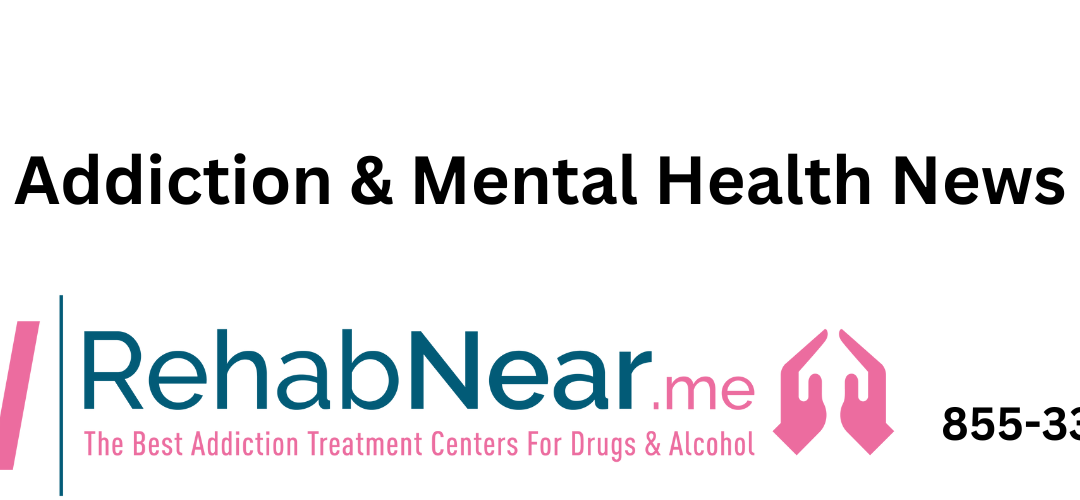In a recent article published in Translational Psychiatry, researchers performed a systemic review and meta-analysis of scientific papers using an artificial intelligence (AI)-based tool that uses Natural Language Processing (NLP) to examine mental health interventions (MHI).
Globally, neuropsychiatric disorders, such as depression and anxiety, pose a significant economic burden on healthcare systems. The financial burden of mental health diseases is estimated to reach six trillion US dollars annually by 2030.
Numerous MHIs, including behavioral, psychosocial, pharmacological, and telemedicine, appear effective in promoting the well-being of affected individuals. However, their inherent systemic issues limit their effectiveness and ability to meet increasing demand.
Moreover, the clinical workforce is scarce, needs extensive training for mental health assessments, the quality of available treatment is variable, and current quality assurance practices cannot handle reduced effect sizes of widespread MHIs.
Given the low quality of MHIs, especially in developing countries, there is a need for more research on developing tools, especially ML-based tools, that facilitate mental health diagnosis and treatment.
NLP facilitates the quantitative study of conversation transcripts and medical records for thousands of patients in no time. It renders words into numeric and graphical representations, a task previously considered unfathomable. More importantly, it could examine the characteristics of providers and patients to detect meaningful trends in large datasets.
Digital health platforms have made MHI data more readily available, making it possible for NLP tools to do many analyses related to studying treatment fidelity, patient outcomes, treatment components, therapeutic alliance, and gauging suicide risk.
Lastly, NLP could analyze social media data and electronic health records (EHRs) in mental health-relevant contexts.
While NLP has shown research potential, the current separation between clinical and computer science researchers has limited its impact on clinical practice.
Thus, even though the use of machine learning in the mental health domain has increased, clinicians have not included peer-reviewed manuscripts from AI conferences reporting advances in NLP.
This article delves into the transformative potential of artificial intelligence (AI) and natural language processing (NLP) in mental health interventions. It explores how these technologies can revolutionize mental health care by providing automated assessments, personalized therapies, and continuous monitoring of an individual’s mental well-being. The article underscores the promising role AI and NLP play in improving accessibility, accuracy, and efficiency in mental health support.
The piece discusses the article’s insights, emphasizing the ability of AI and NLP to analyze vast amounts of data and detect subtle linguistic cues indicative of mental health conditions. These technologies offer real-time monitoring and personalized interventions, enabling timely and tailored support for individuals struggling with mental health challenges.
If you or someone you know is grappling with addiction or facing mental health challenges, RehabNear.Me is here to help. Call us at 855-339-1112, and our compassionate team will provide guidance and connect you with appropriate addiction treatment resources tailored to your unique needs. Taking the step towards seeking help can lead to a brighter and healthier future. Reach out today.
The Use of Artificial Intelligence and Natural Language Processing for Mental Health Interventions https://t.co/FBCQsWFupn #rehabnearme
— RehabNearMe (@RehabNear_Me) October 13, 2023








